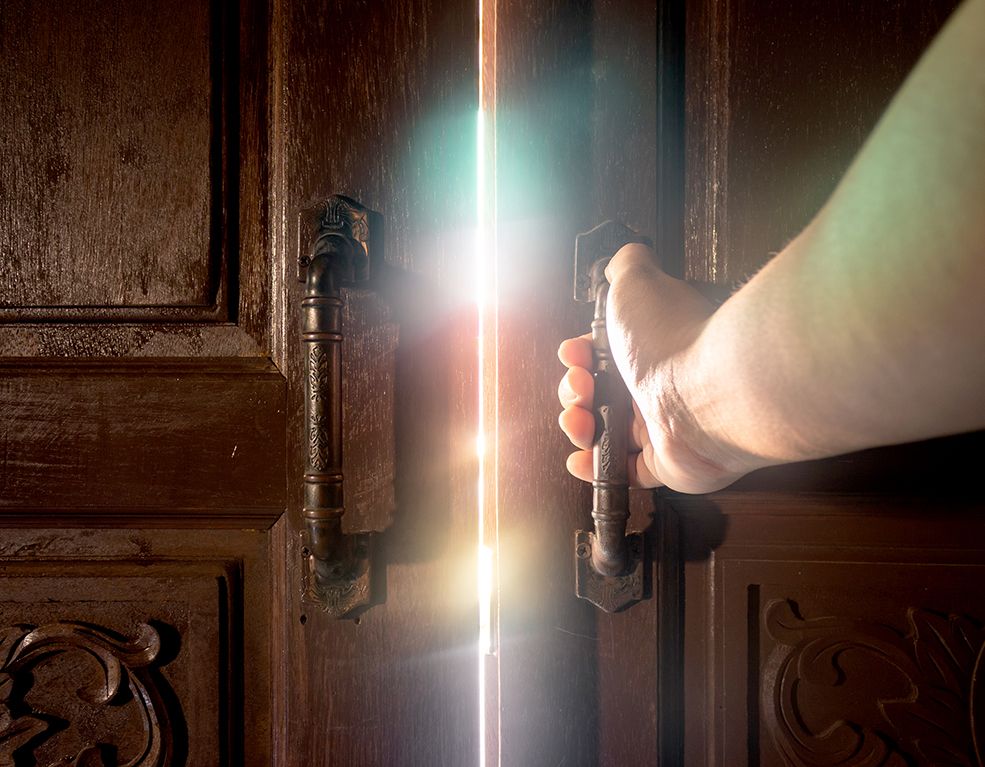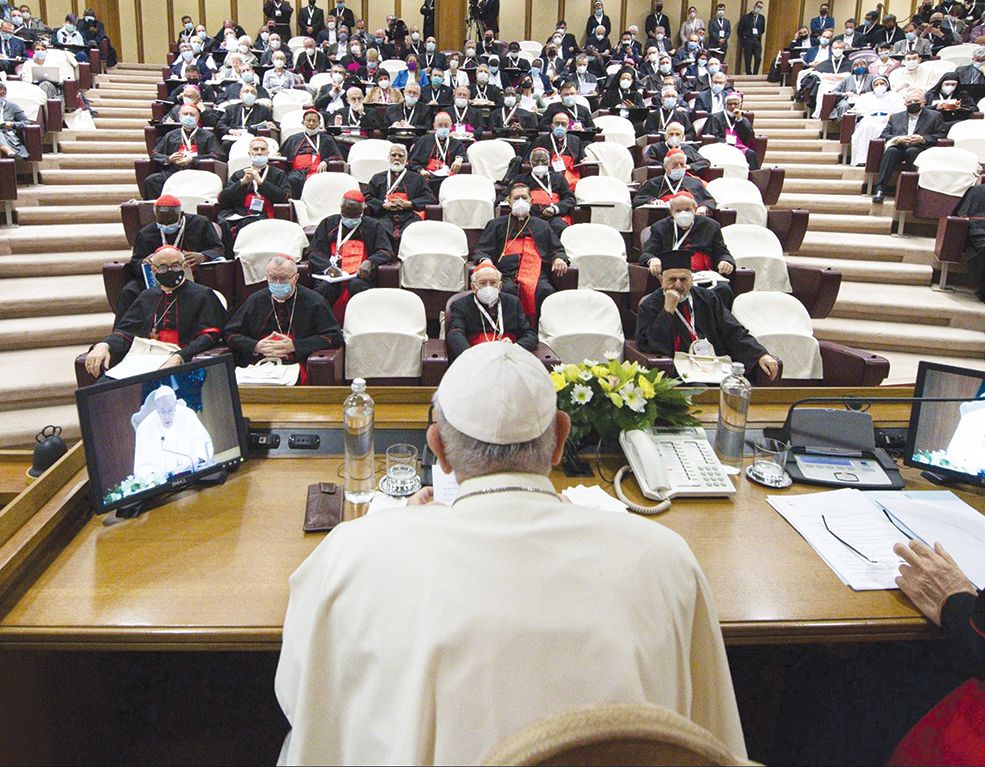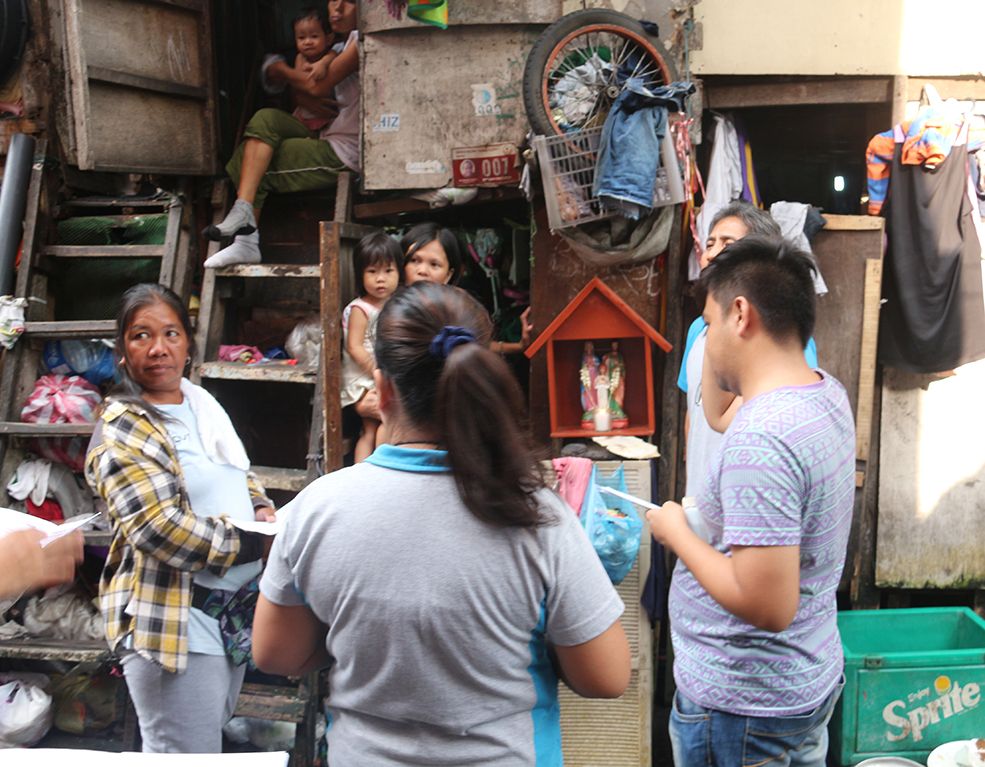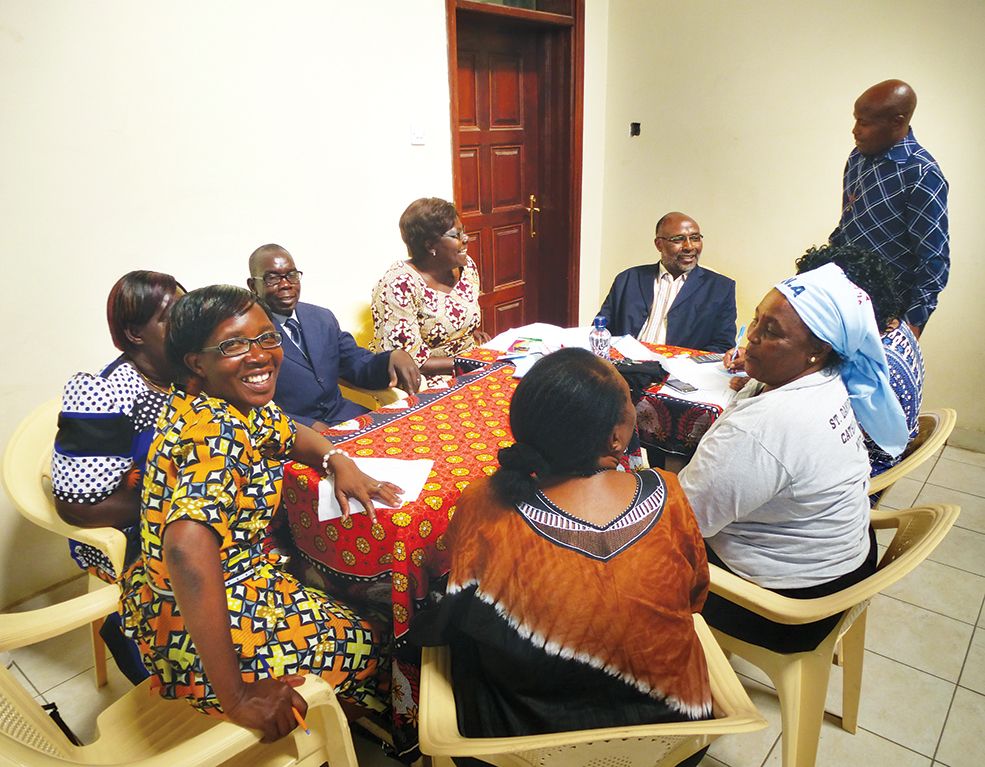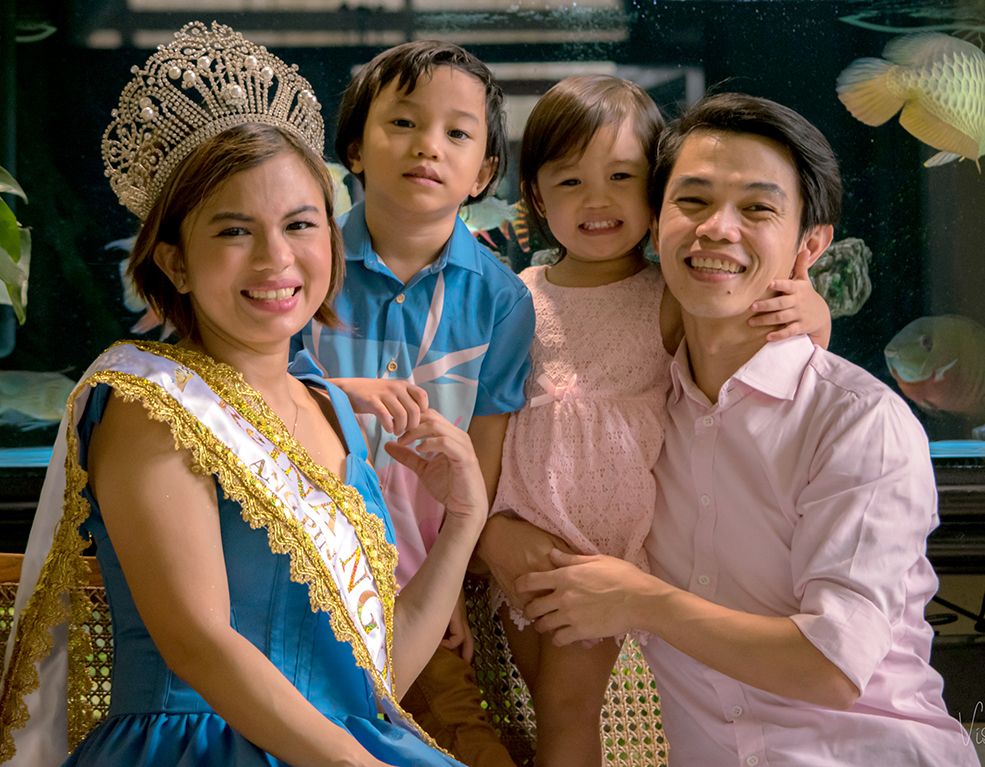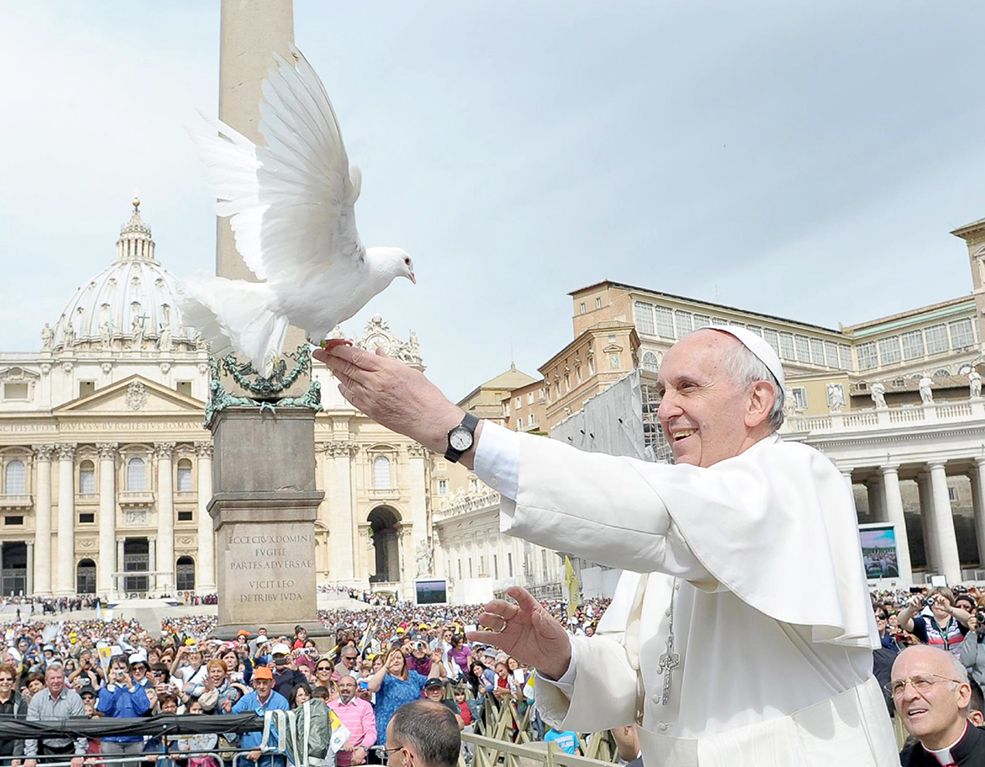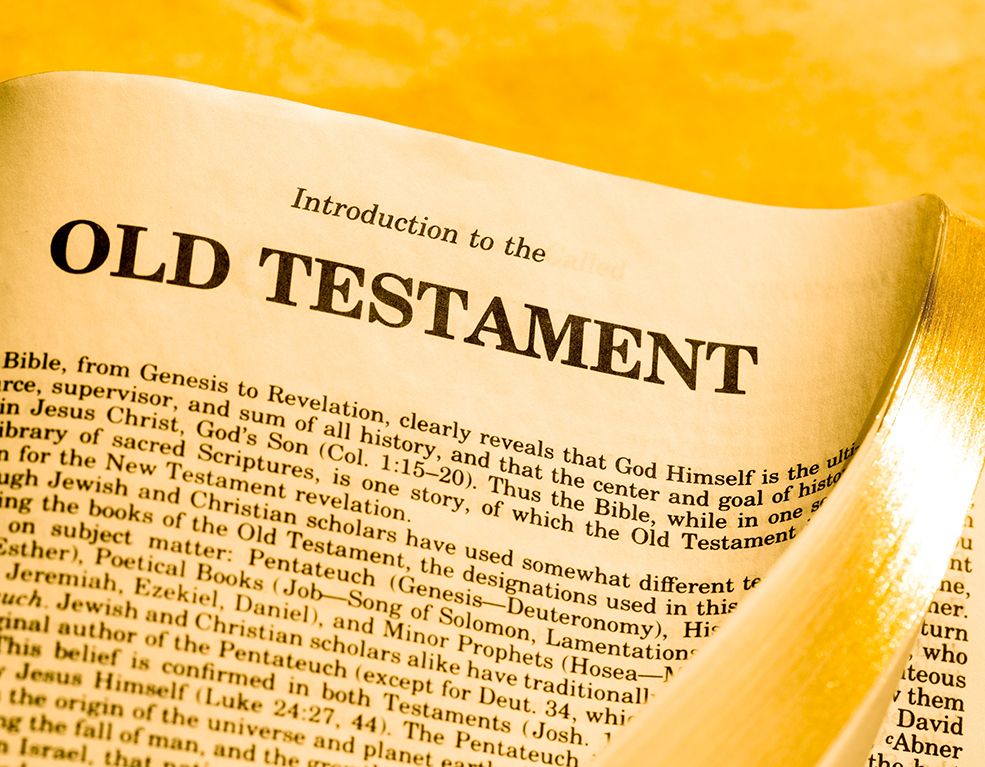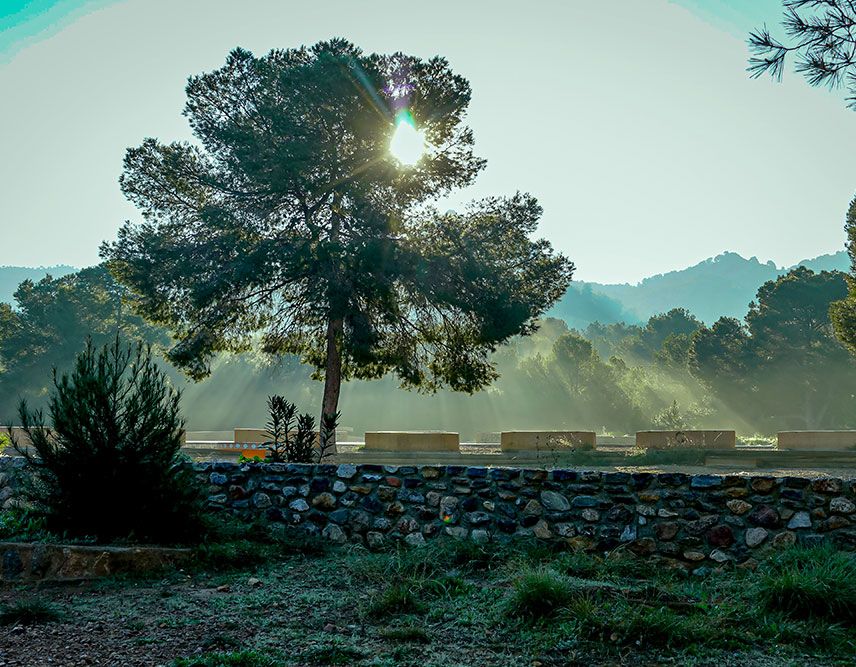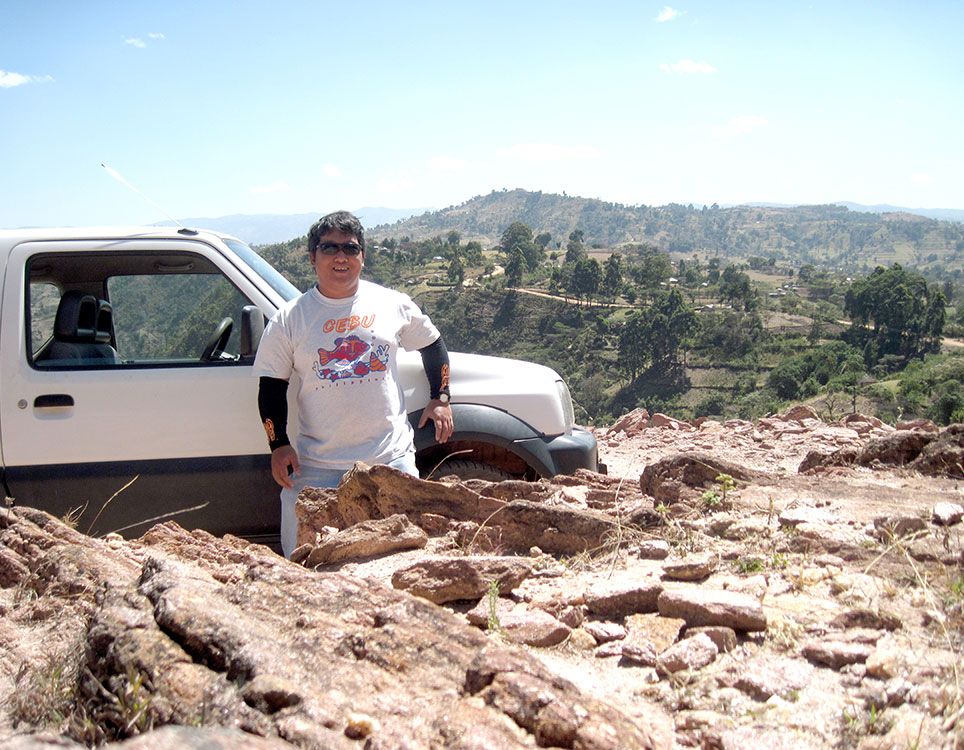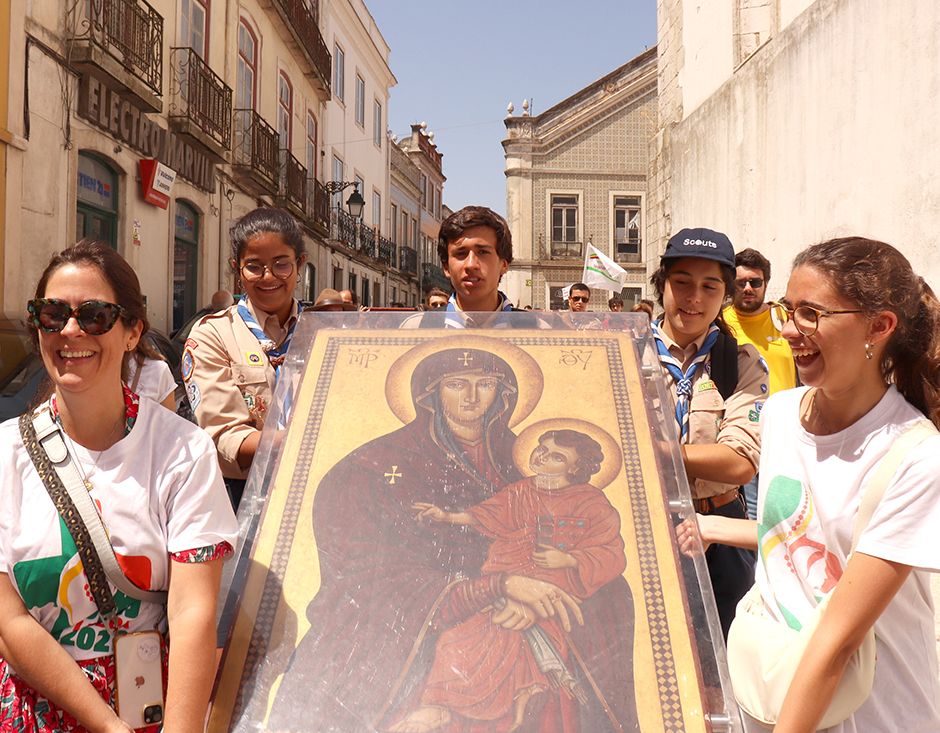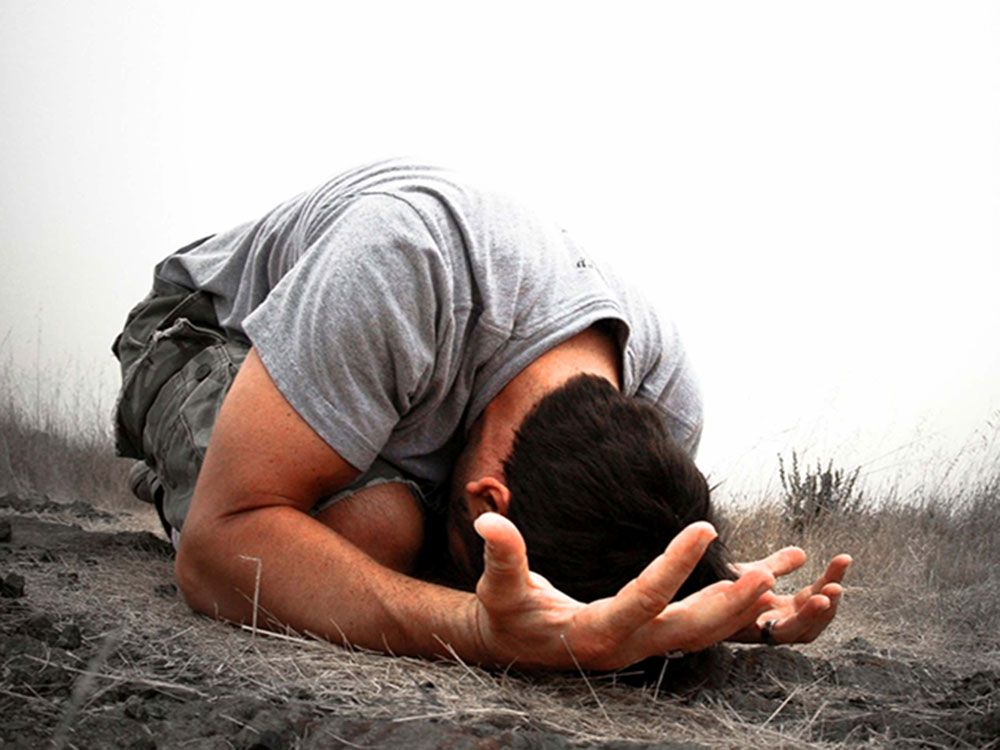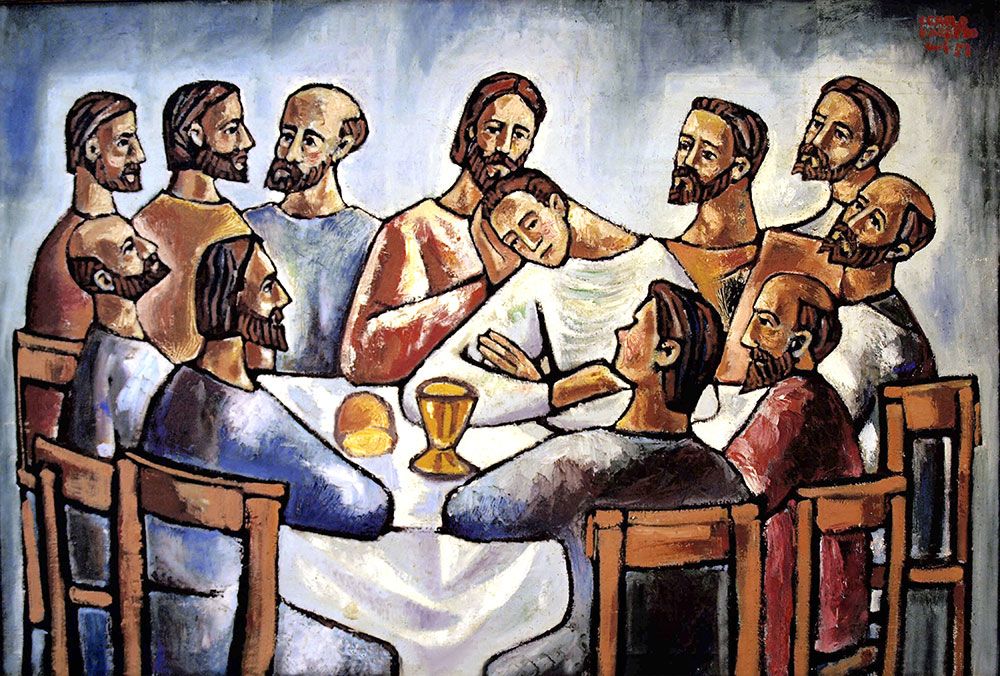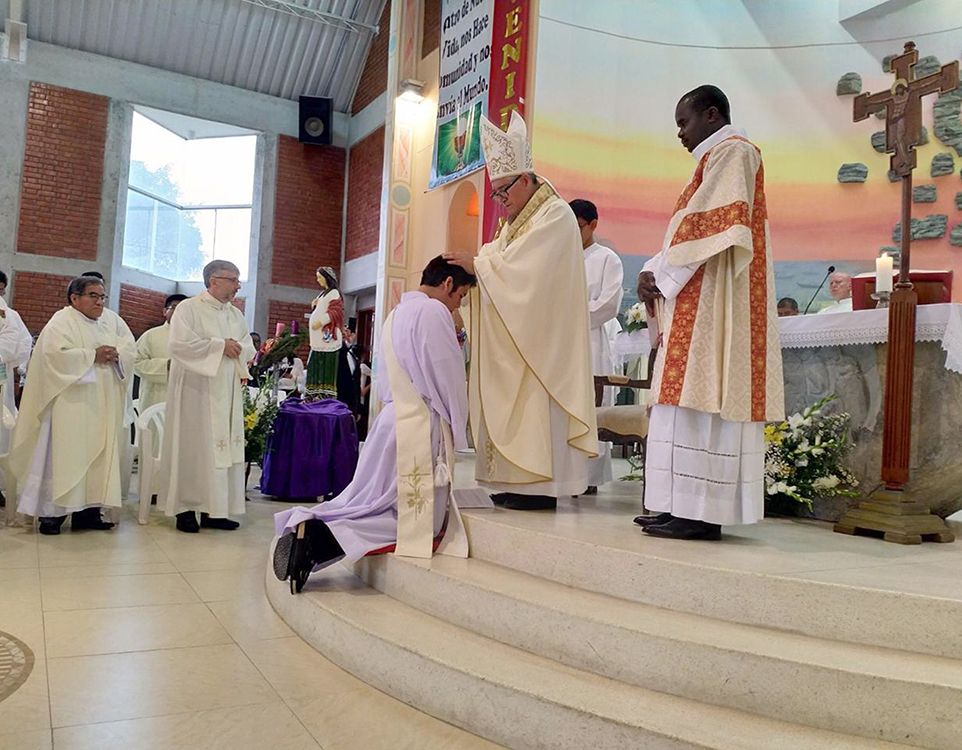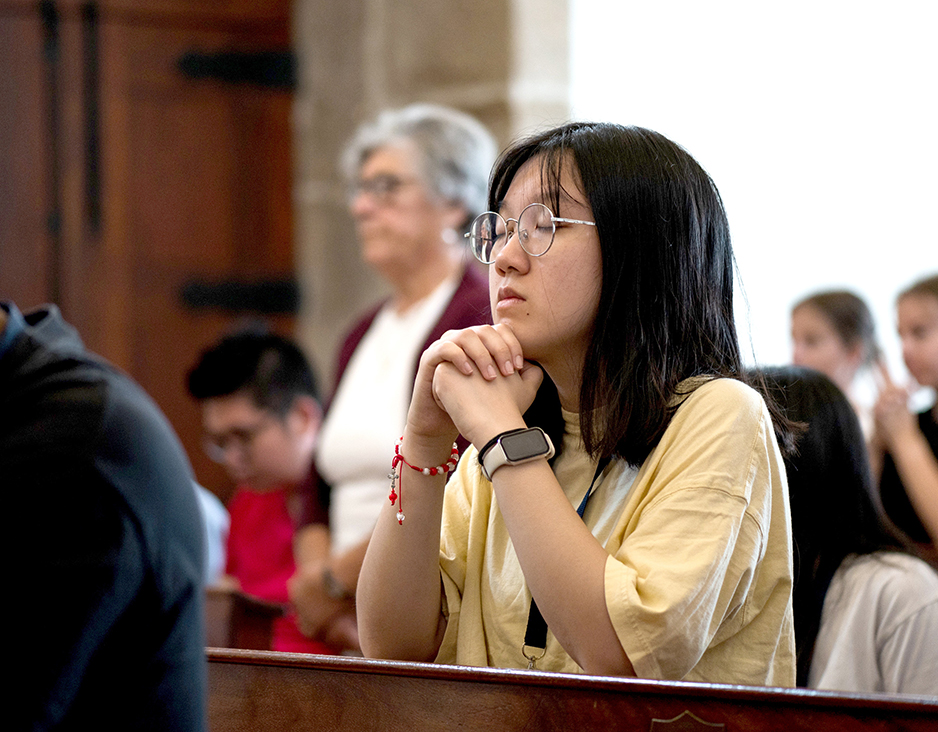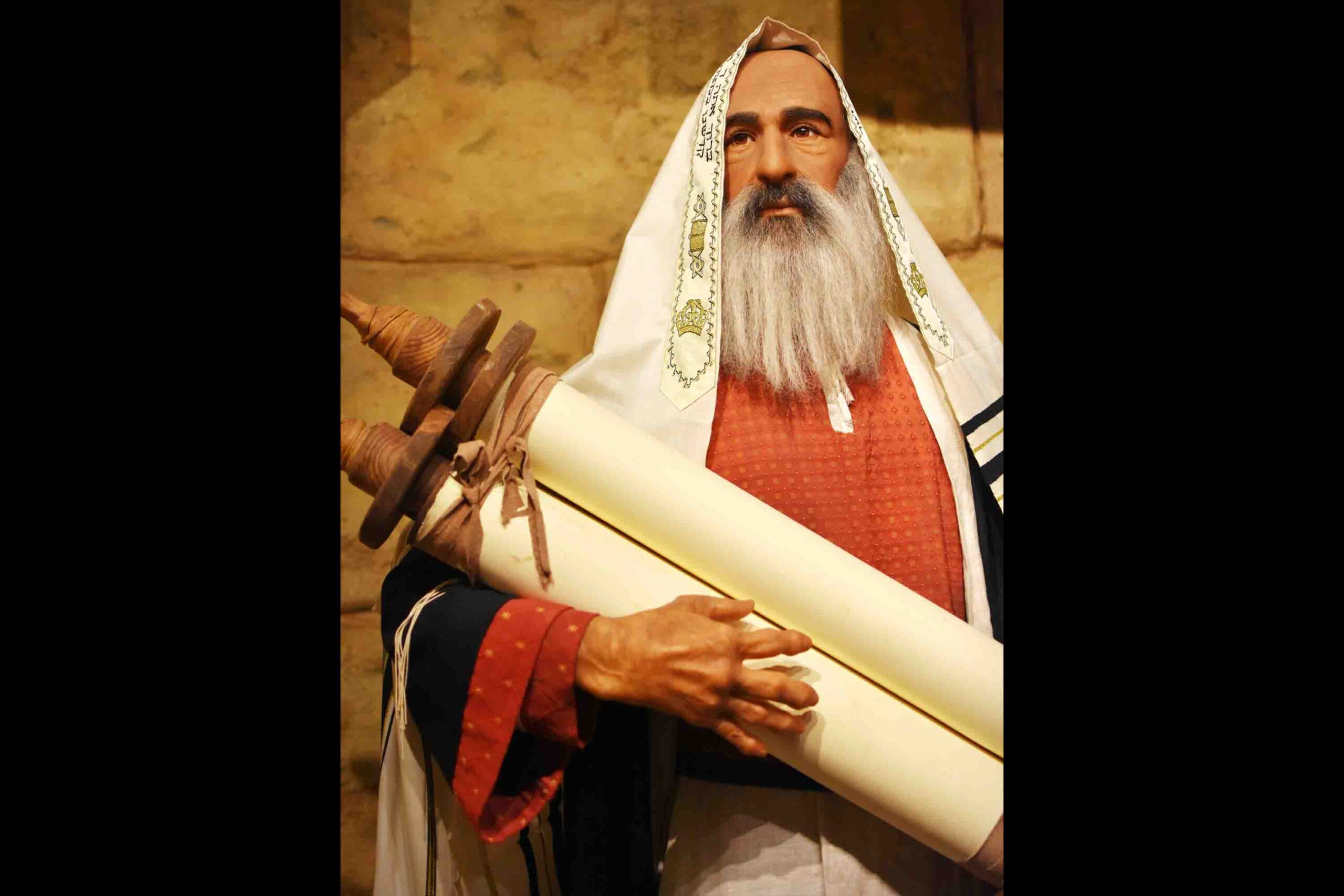“Affection will still solve the problems of liberty; those who love each other will become invincible.” These verses by the American poet and journalist Walt Whitman recently came to my table and made me think about the dimension of freedom present in the vocation.
If it is true that the concept of freedom is often misunderstood and confused with the simplistic “doing what I like,” then when we think about the matter seriously, we know that things are not quite like that.
Freedom and vocation are two sides of the same coin: inseparable and valued only when they are together. In fact, as Pope Francis warns, “human beings cannot be required to be committed to the world if at the same time they do not recognize and value their peculiar capacities for knowledge, will, freedom and responsibility” (Laudato Si’, n. 118).
Because vocation is not an “extra” or “annex” in our life, freedom can be authentically lived on the path of vocational discernment throughout life. We freely choose to live the fullness of our being and, consequently, our freedom is developed (by choice) according to the requirements of what we are and what we want to be.
The same happens, for example, with love relationships. Love has demands that make us run and overcome our complacency. We freely choose to live with our eyes on those we love and to sacrifice our whims for their happiness–and that is where we feel the fulfillment of our own authentic happiness.
Freedom With Responsibility
The path of vocational discernment appears, therefore, as a path of liberation and of discernment of one’s own personal freedom, since “human freedom can make its intelligent contribution to a positive evolution, but it can also add new evils, new causes of suffering” (Laudato Si’, n. 79).
Freedom without responsibility becomes suffocating and a burden for the person and their surroundings. In fact, if this is lived only with a selfish sense, “doing only what I feel like” leads to a spiral of individualism that, in a short time, will turn into deep loneliness. On the other hand, in doing so, we are destroying and annihilating everything and everyone around us. After all, what would be the pertinence of relating to someone for whom only their will counts?
To think about freedom responsibly is to open the door to experiencing it throughout one’s life. For this, it is necessary to have the courage to understand and distinguish what is a whim from what is a mission; and what is selfishness and what is a gift. How do we do this? From the start, this kind of discernment is not something that can be done alone!
Freeing Yourself
There are some strings we have to cut to be truly free. The first is really this bond of self-sufficiency. Whenever we believe that we can know, and choose the best, alone, we are sinking into the “blind forces of the unconscious, of immediate needs, of selfishness” (Laudato Si’, n. 105).
This does not mean that we will have to live and think like others, but it means that we take our life responsibly and look for someone to walk with us and help us to see further out and into ourselves.
When we fully trust someone, it doesn’t mean that we are going to blindly follow him or her, but that we should seriously take into account what that person tells us when making our own reflections and life decisions. Without breaking this bond we will never be truly free. We will just be… truly alone!
Another chain that must be broken is the idea of loss. Every day, at almost every moment, we have to make choices: what time do we get up? What are we going to wear? What are we going to eat? How are we going and where are we going? Everything requires us to make choices that, sometimes, concern simple things and, at other times, demand a lot more from us.
When we use our freedom to choose, we are always faced with a sense of forgiveness: “If I choose this path, I close the doors to everyone else. What a great loss!” This thought corrupts freedom! It imprisons the human being in the desire to have everything and stop from becoming the best version of themselves. To free yourself from this chain is to choose joyfully–not because the choice is easy, but because there is no sense of loss, but of gain!
This reminds me of when I was leaving for the mission in the Central African Republic. At that time, many people said to me, “If you go, you will lose everything!” And I always replied, “I’m going to find everything!” In fact, nothing was lost: authentic relationships lasted and were strengthened, working circumstances were changed, and, I lived. I met my fulfillment as a person and, in that sense, I won everything! Was it easy? Is anyone expecting easy things when it comes to authentically living what you are?! This is another chain that we have to free ourselves from if we want to live our vocation with complete freedom.
The easy way out is not necessarily the best option. Once again, the temptation to walk with the wind is not the way to freedom. It excludes the possibility of living the vocation. Those who dare to walk an authentic path will never have an easy task in front of them, but… this mission will only be impossible for those who have the illusion of being able to accomplish it alone.
Freedom
Freedom in the vocational accompaniment is based in the certainty that the human being is capable of living authentically. To believe in this is to look at oneself and at others with hope, without being carried away by difficulties and circumstantial reasons.
Even when we take a bad step along the way, it doesn’t mean that all is lost! On the contrary, everything is part of the journey, since “human beings can overcome themselves, choose the good again and regenerate themselves, beyond any constraints imposed on them. They are capable of looking at themselves honestly, expressing their grief and embarking on new paths towards true freedom” (Laudato Si’, n. 105).
This certainty will encourage us in our path and open doors to look at others in a liberating way.

